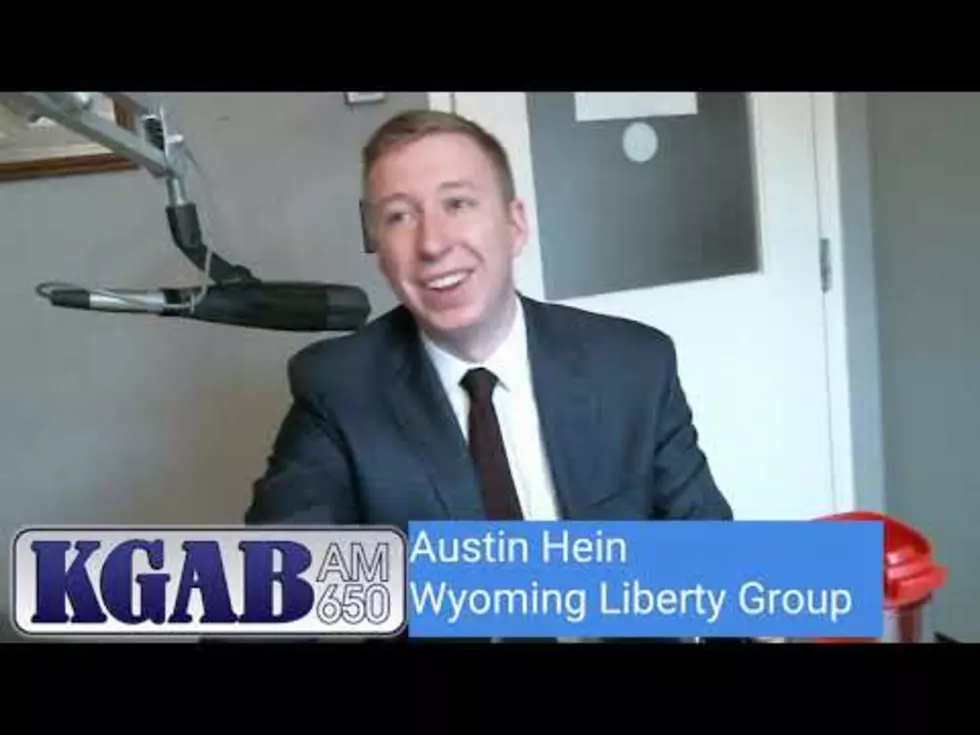
Wyoming Should Follow Florida’s Lead
~~By Amy Edmonds~~Florida Gov. Rick Scott announced this week that Florida would be pulling out of Partnership for Assessment of Readiness for College and Careers (PARCC), one of two federally funded testing consortiums created to assess the Common Core State Standards. Wyoming, under Governor Mead, recently went from an advising member to a governing member in Smarter Balance Assessment Consortium, the other federally funded testing consortia. Florida, however, serves not only as a member of PARCC, but as the fiscal agent.
Using Executive Order Number 13-276, Gov. Scott laid out a list of findings before issuing a series of orders to the Florida Commissioner of Education that included full withdrawal from PARCC by the end of December. The findings themselves are an acknowledgement of some of the deep concerns centered on both the Common Core Standards and the Assessment Consortiums.
First, regarding the Common Core Standards, Scott acknowledges that the Federal government is "using such standards to coerce policy decisions at the state and local level on the issues of assessments, curriculum, and instructional materials." Scott points out that these decisions are under "the Constitutional purview of Florida's state and local governments."
Regarding the interplay between the Common Core Standards and the assessment of those standards, Scott delivers a statement clearly acknowledging his duty to listen to the people of his state: "Floridians have raised concerns about the Federal government's interest in using educational standards and assessments to collect data on psychological attitudes, values, and beliefs."
Scott then issues a series of executive orders that center on Florida's withdrawal from PARCC: an order to conduct a review of student data security allowing the Commissioner of Education to make recommendations to ensure data security for every student; an order to maintain the state's current accountability system until 2016 to ensure more stability for students and teachers and to resubmit Florida's Elementary and Secondary Education Act waiver, making it clear to the federal government that "Florida will not comply with terms involving Federal overreach;" and, finally, an order to review comments made at an education summit regarding the state's teacher evaluation system.
While Scott's executive order stops short of removing the Common Core State Standards, it is a step in the right direction. Florida's exit from PARCC marks a momentous shift in power away from those pushing for more and more federal involvement in local education to the ever-growing band of parents who, state by state (Wyoming included), are spreading the message about the faults and defects of the Common Core Standards and Assessments, and having a real impact on their elected officials. The strings that Scott untied with the stroke of his pen are sweeping - both in the exit from PARCC and the clear message being sent to U.S. Secretary of Education Arne Duncan. As the fiscal agent for PARCC, Florida stood as part of the foundation of that consortium, and Florida's exit will surely leave a seismic wake.
This event represents a victory for those spreading the word about what is so wrong with the top-down, one-size-fits-all Common Core State Standards and Assessment.
Wyoming Gov. Mead should follow Scott's lead, and honor Wyoming's local control status by removing our state from the Smarter Balance Consortium. The sooner, the better. Wyoming's parents and children deserve more.
Amy Edmonds, Wyoming Liberty Group, 307-632-7020
Editors please note: For staff bios and photos, please go to http://wyliberty.org/about/staff/ |
This commentary is free and provided to media outlets and opinion leaders by the Wyoming Liberty Group for reprint with attribution. The Wyoming Liberty Group is a 501(c)(3) nonprofit, non-partisan research organization. The Group's mission is to prepare citizens for informed, active and confident involvement in local and state government and to provide a venue for understanding public issues in light of constitutional principles and government accountability. |
More From KGAB









